7 ways to wake up naturally without using an alarm
Say goodbye to annoying alarms & wake up naturally with these hacks


Whether you’re an early riser or love a lie-in, waking up is hard, even if you’ve had a comfortable rested night’s sleep on one of the best mattresses. Almost all of us rely on a phone alarm or alarm clock to wake us up, but alarms can have a negative effect on the body. Many reports have shown that loud alarms can put a strain on the body and being jolted awake can cause high blood pressure and heart rate, increased levels of stress and can impact your mood.
Waking up naturally without the sound of a beeping alarm is easier said than done, but your body already contains biological clocks that you can rely on without the need for external devices. By teaching yourself to wake up without an alarm, your day can run more smoothly and you’ll feel more positive and energised overall… but how do you do it?
To help you drift off stress-free and awaken refreshed, read on for 7 ways to wake up without an alarm. Before you jump in, check out 7 ways to get a better night’s sleep for more sleep tips.
1. Define your sleep pattern
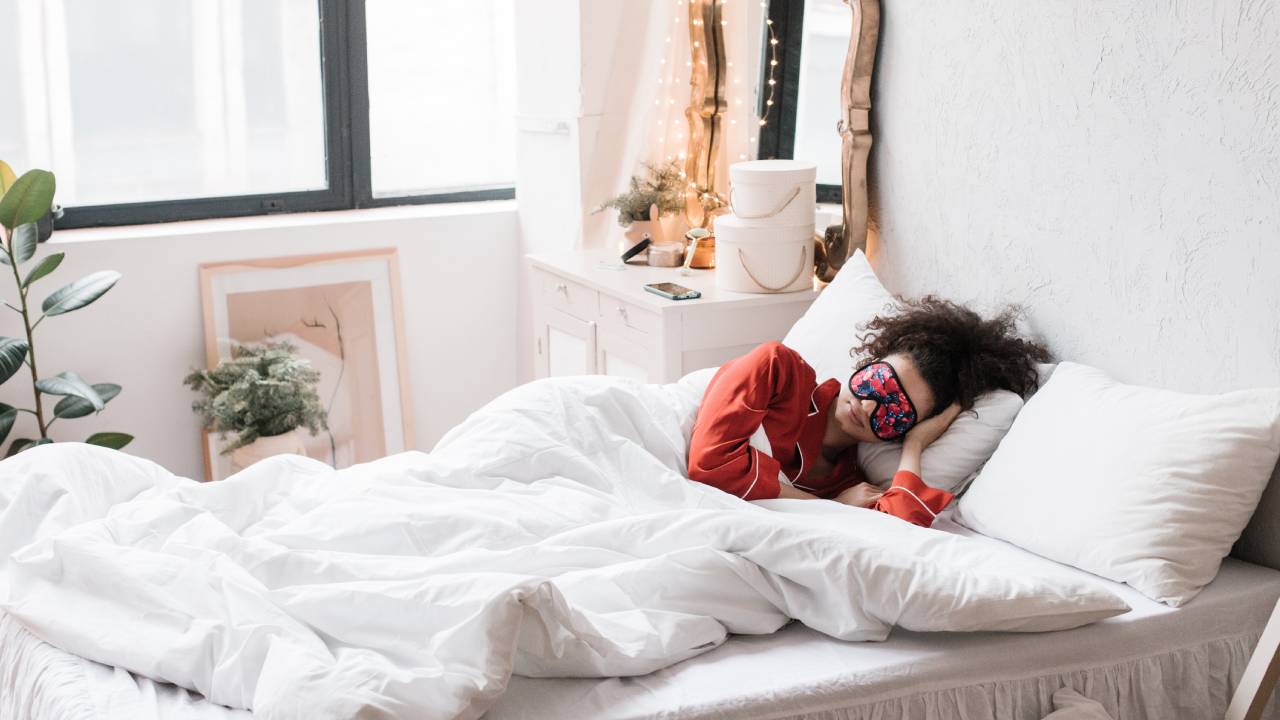
The best way to start waking up without an alarm is to understand your sleep pattern. Having an idea of how much sleep you need to function at your full potential the next day is essential, so defining your sleep pattern can not only help you wake up at the same time each day, but can make it easier.
Start by keeping a sleep journal to recognise your sleep habits. For a whole week, make a note of the time you go to sleep and the time you wake up, and report on how you felt during the day with the amount of sleep you got. This will give you a rough idea of how many hours of sleep you need. Once you get into a routine of going to sleep and waking up at the same time each day, your body will naturally and gradually get used to this and will make it easier for you to ditch your alarm.
2. Create a peaceful sleep environment
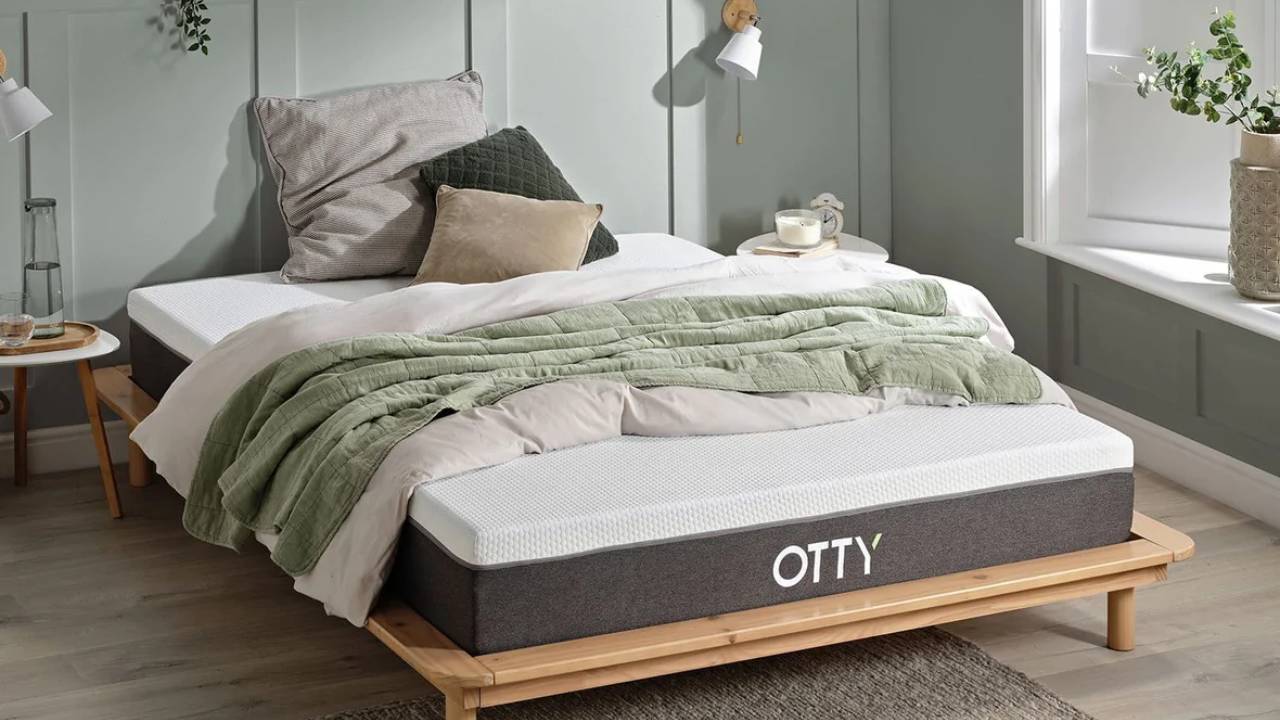
Before you go to bed, make sure to prepare your room so you can achieve the perfect night’s sleep. Start by making your bed look and feel inviting with the best duvet and the best pillows so you’re comfortable and supported. Next, set up your bedside table with everything you might need for the night, like water, essential oils, books and more. When you do this, make sure to remove any distractions like your phone.
It’s also important to tidy your room before you go to sleep. Waking up to a mess will add to your morning stress but waking up to an organised space can improve your mood. Another thing to consider is optimising your room so it can wake you up when you need it to. This could mean keeping your window open to let in outside noise or keeping your blinds slightly open to let in natural light.
Get all the latest news, reviews, deals and buying guides on gorgeous tech, home and active products from the T3 experts
3. Set a bedtime schedule
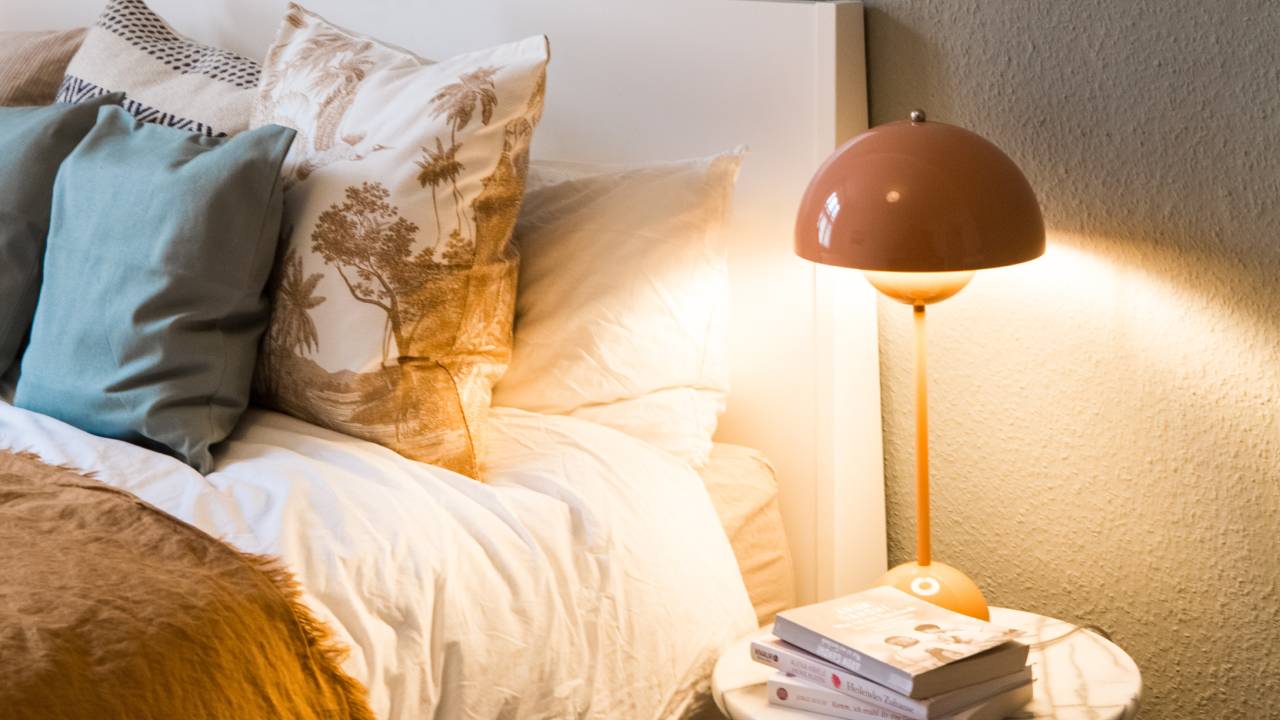
Having a set bedtime routine can help you get the optimal amount of sleep per night to feel refreshed in the morning. Once you’ve figured out your sleep pattern, you’ll know what time you need to go to bed so from there, determine when you need to start turning in for the night. Plan out things you want or need to do before bed like getting in your pyjamas, cleaning your teeth, doing your skincare routine, setting up your bedside table, getting your workout clothes ready for the morning, reading a chapter, and so on. Once you start sticking to this, you’ll get used to the routine and your body will react by relaxing and falling asleep when you want it to.
4. Have a cut off time for coffee & electronics

Drinking coffee and scrolling on your phone before bed can massively affect your sleep. The bright screen light and added caffeine will likely lead to your body not feeling ready to go to sleep, as you’re too alert or distracted. Set a cut off time for caffeine and avoid it entirely in the late afternoon to evening. When it comes to your phone, try to set a ‘no phone zone’ for your bed, so you don’t go on it before you go to sleep.
5. Start to break-up with your alarm
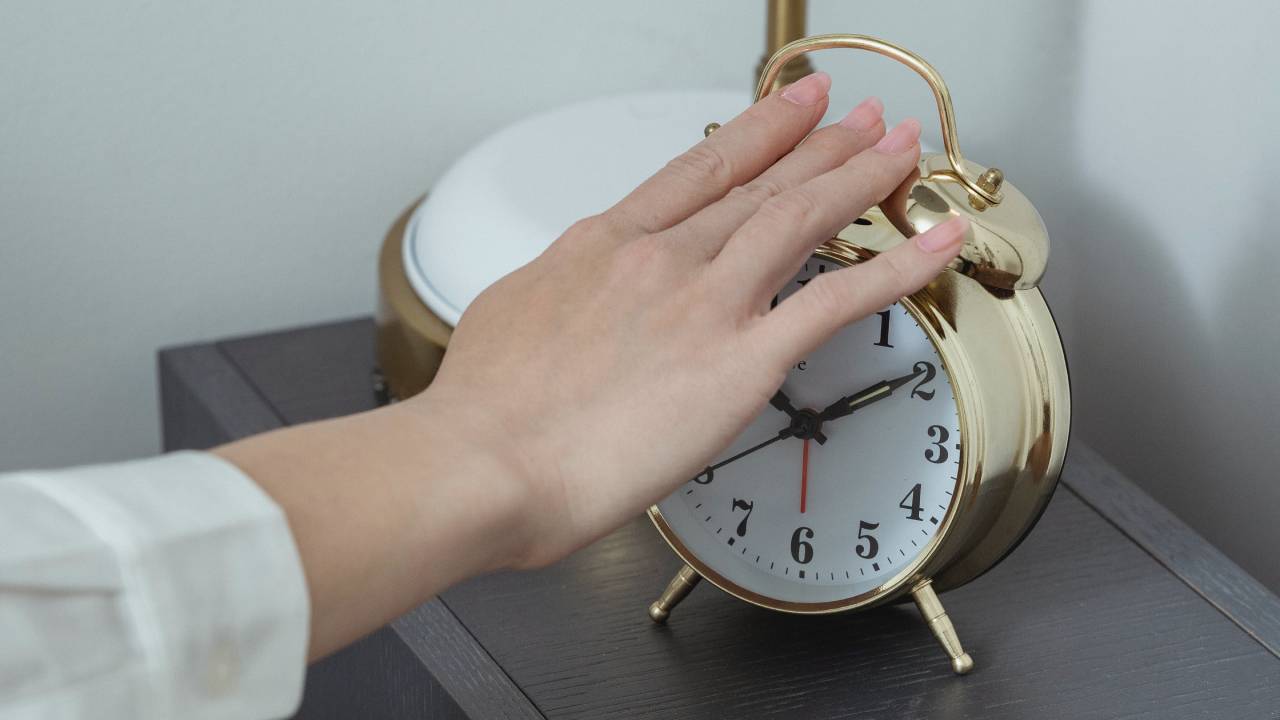
Once you understand your sleep patterns, you can start breaking up with your alarm. On the weekends, days off or times when you don’t need to be anywhere, try practicing waking up without an alarm. This way, you have room for error and you won’t have missed anything important if you sleep through. For the first few trials, you’re going to want a back-up just in case, so try switching to one of the best alarm clocks so you have a less startled wake up call. You can also try lowering the volume of your alarm so you get used to not having noise wake you up in the morning.
6. Use a wake up light
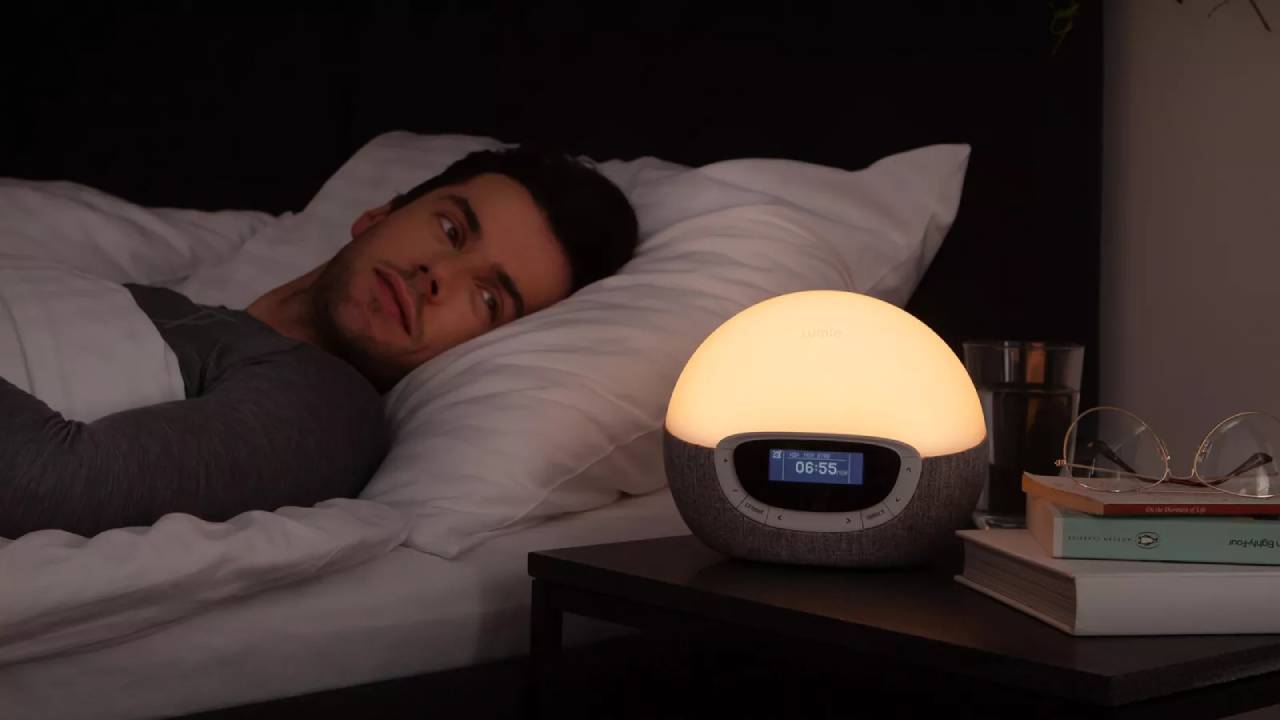
If you’re still worried about waking up on time without an alarm, try a wake up light. The best wake up lights are designed to wake you up according to your body rhythms, by gradually brightening to mimic the sun rising. Towards the end of its cycle, you can add a gentle sound to ensure you’re up on time. Some also come with sunset cycles so you can wind down before you go to sleep too.
7. Stick to a morning routine
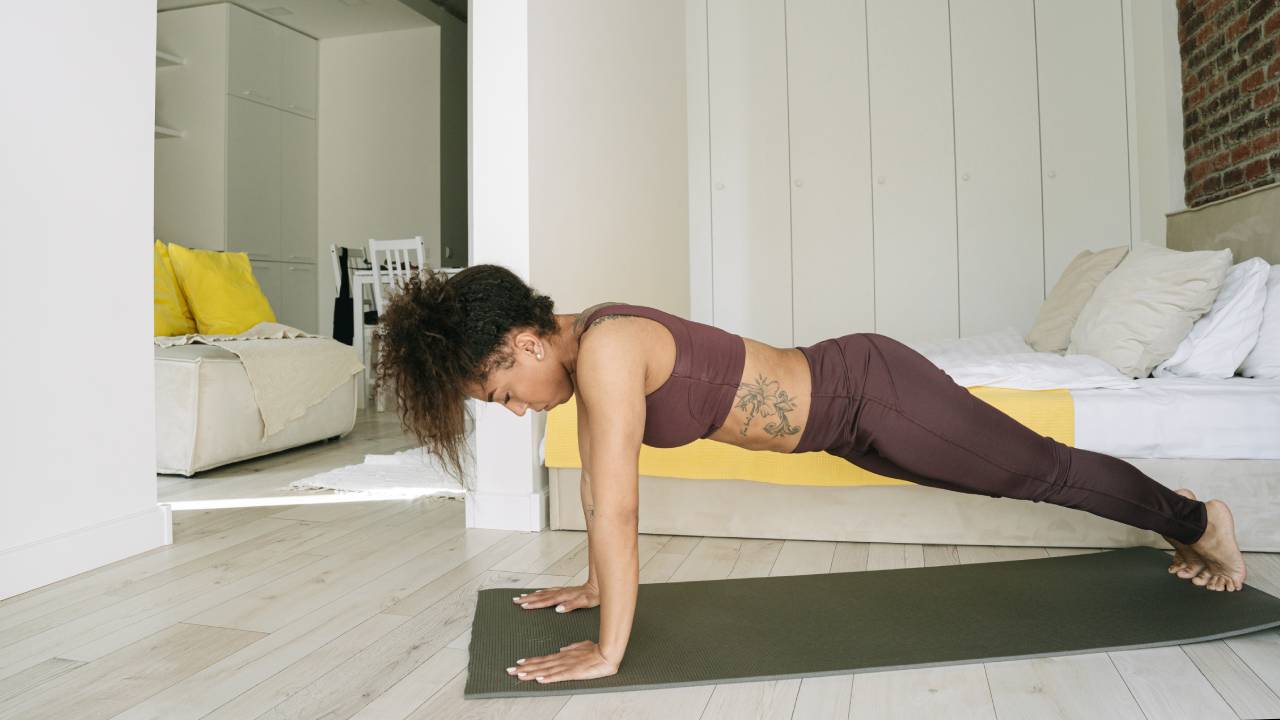
Similar to sticking to a bedtime schedule, you should also have a set morning routine. By creating a structured and enjoyable routine, you’ll be excited to wake up in the morning which will make it easier to do. Add things that will make you more energised, like working out, getting outside or making yourself a nice breakfast.

Beth is Home Editor for T3, looking after style, living and wellness. From the comfiest mattresses to strange things you can cook in an air fryer, Beth covers sleep, smart home, coffee machines, watches, grooming tools, fragrances, gardening and more.
In her spare time, Beth enjoys running, reading, baking and attempting craft projects that will probably end in disaster!